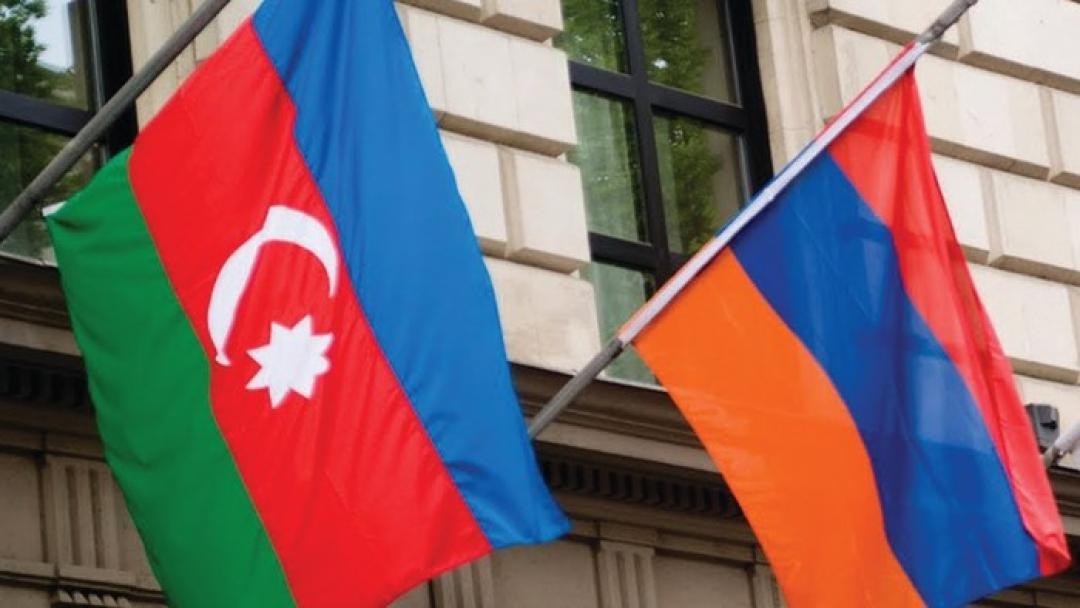Armenia’s leaders are not revealing the specific disagreements that are preventing the signing of a peace treaty with Azerbaijan.
Over the weekend, Prime Minister Nikol Pashinyan announced that Armenia and Azerbaijan have reached full agreement on 13 of the 17 articles in the draft treaty. Pashinyan suggested signing an interim agreement that covers the agreed-upon articles while continuing discussions on the remaining issues, but he did not disclose what those unresolved issues are.
On Wednesday, other senior Armenian officials were similarly reticent when speaking to journalists. Deputy Foreign Minister Mnatsakan Safarian stated, “If there is additional information to report, I will tell you.”
Sargis Khandanyan, chairman of the Armenian parliament’s foreign relations committee, supported Pashinyan’s view, noting that the agreed articles address the “fundamental principles of peace” between the two nations. He emphasized that the provisions uphold the 1991 Alma-Ata Declaration, which recognized the Soviet-era borders of newly independent republics.
Azerbaijan has rejected Pashinyan’s proposal, with Foreign Minister Jeyhun Bayramov stating on Monday that the proposed framework lacks several “important provisions,” though he did not specify what they are. Bayramov and another Azerbaijani official, Himet Hajiyev, also reiterated their demand that Armenia amend its constitution before a peace agreement can be reached, and Hajiyev called for “restrictions” on Armenia’s armed forces. Khandanyan responded, “Third parties cannot compel or demand that Armenia refrain from purchasing ammunition or weapons.”
Khandanyan, a senior member of Pashinyan’s Civil Contract party, maintained that Baku has not yet sought to include these new demands in the draft treaty.
Last month, it was agreed that the treaty would not address the contentious issue of how transport links between Azerbaijan and its Nakhichevan exclave through Armenia’s Syunik region would be managed. Baku wants to exempt the transit of people and goods from Armenian border controls, a demand Yerevan has rejected on grounds of maintaining its sovereignty and territorial integrity.
Pashinyan reiterated this stance at a news conference on Saturday but also indicated that Yerevan is open to allowing a foreign private company to provide “additional security” along the highway and railway connecting Nakhichevan with Azerbaijan. Details of this potential arrangement were not elaborated.
Safaryan clarified that even if such an arrangement is developed, Armenian border and customs officers would still oversee transit traffic through Syunik. He cautioned that while there has been discussion about this possibility, the specifics remain unclear.
A Russian-brokered ceasefire agreement that ended the 2020 Nagorno-Karabakh war stipulates that Russian border guards stationed in Armenia will “control” the movement of people, vehicles, and goods to and from Nakhichevan. However, Moscow and Yerevan have different interpretations of this provision. Armenian officials maintain that the Russians are only permitted to “monitor” the traffic, not to escort or control it. Recently, Russian officials have renewed their criticism of Yerevan’s interpretation.




